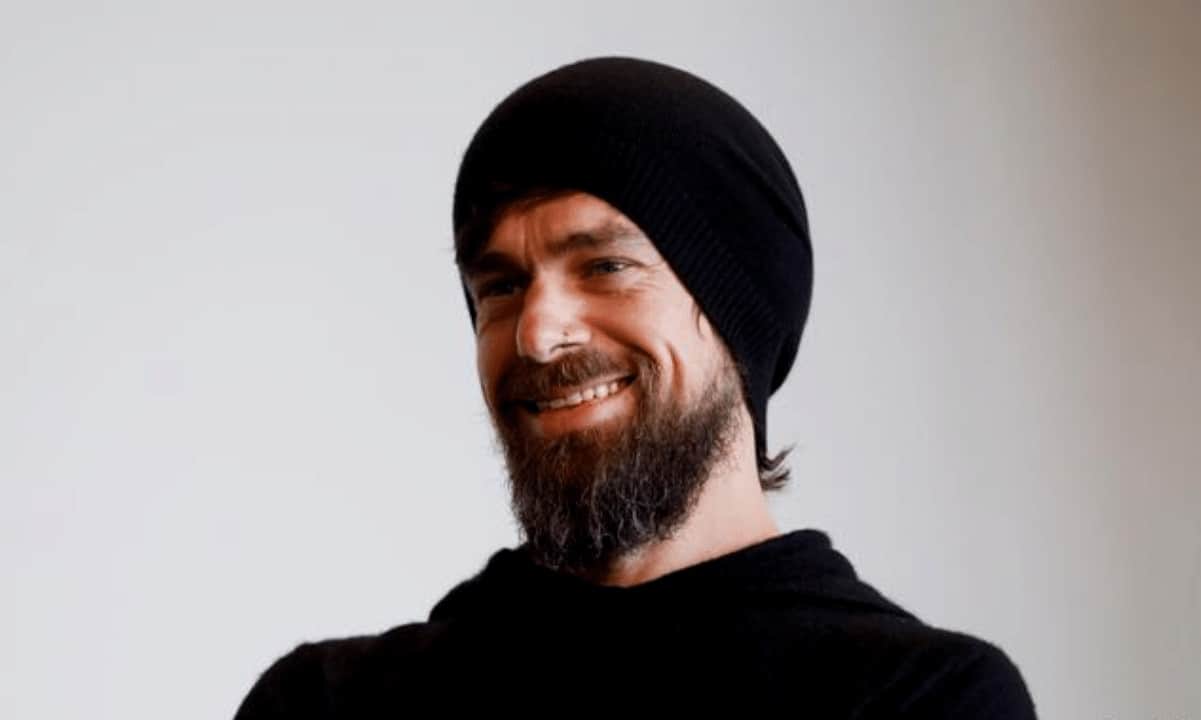Jack Dorsey’s payment firm, Block, has transitioned its focus from chip design to the development of a comprehensive Bitcoin mining system.
In a recent blog post, Block unveiled its achievement of designing a standalone three-nanometer (3nm) Bitcoin mining chip. Furthermore, the company revealed its collaboration with a leading global semiconductor foundry to finalize the chip’s design.
However, Block’s mining initiative extends beyond chip development. The company intends to broaden its efforts to encompass system design as well.
The announcement stated, “We have devoted a significant amount of time to engaging with various Bitcoin miners to identify the challenges encountered by mining operators.”
“Building on these insights and pursuant to our goal of supporting mining decentralization, we plan to offer both a standalone mining chip as well as a full mining system of our own design.”
Block seeks to decentralize the supply of mining hardware.
The Bitcoin community has long grappled with concerns surrounding network stability and hardware vulnerabilities.
Predominantly, the ASIC chips utilized in mining rigs are manufactured in China, a nation known for its adversarial stance towards the cryptocurrency sector.
Jack Dorsey’s Block initiative seeks to address these challenges by decentralizing the supply of mining hardware and the distribution of hashrate, crucial metrics that gauge industry competition and mining difficulty.
A significant hurdle that Block aims to surmount is the scarcity and high costs associated with mining rigs. Additionally, the company strives to enhance the user experience and reliability of mining operations by tackling common issues such as heat dissipation and noise generation.
While specific details about the mining system remain undisclosed in the announcement, Dorsey previously hinted at the potential development of a “Bitcoin mining system based on custom silicon.” He stressed the necessity for increased vertical integration and diversification in silicon design, which he perceives as currently being monopolized by a handful of companies.
This recent development follows closely on the heels of the most recent Bitcoin halving, which reduced the issuance of new Bitcoin by half. Dorsey’s vision of accessible mining extends beyond merely generating new Bitcoin.
“Mining needs to be more distributed. The more decentralized this is, the more resilient the bitcoin network becomes.”
Square is considering building a Bitcoin mining system based on custom silicon and open source for individuals and businesses worldwide. If we do this, we’d follow our hardware wallet model: build in the open in collaboration with the community. First some thoughts and questions.
— jack (@jack) October 15, 2021
Block supports Gridless.
Block’s venture arm has demonstrated support for Gridless, a company pioneering Bitcoin mining operations powered by renewable energy sources across Kenya, Malawi, and Zambia.
Reports indicate that Gridless has devised an ingenious approach to power its activities while simultaneously providing electricity to rural communities. Situated in proximity to Hell’s Gate National Park, the company has established its operations at the site of an extinct volcano. Here, Gridless utilizes a mobile container outfitted with solar panels and harnesses energy from a nearby geothermal source.
Gridless currently operates six mining facilities spanning Kenya, Malawi, and Zambia, all of which rely on a combination of renewable energy sources. This innovative approach not only addresses concerns regarding the energy consumption associated with Bitcoin mining but also demonstrates the potential of renewable energy to empower remote communities.
Bitcoin mining has frequently drawn criticism for its substantial energy consumption. However, initiatives like Gridless highlight the transformative potential of coupling Bitcoin mining with renewable energy sources. By leveraging renewable energy, Bitcoin mining can effectively unlock untapped renewable power resources and incentivize further investment in sustainable energy production.



